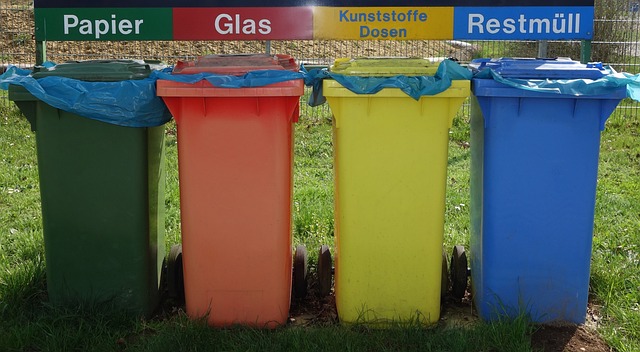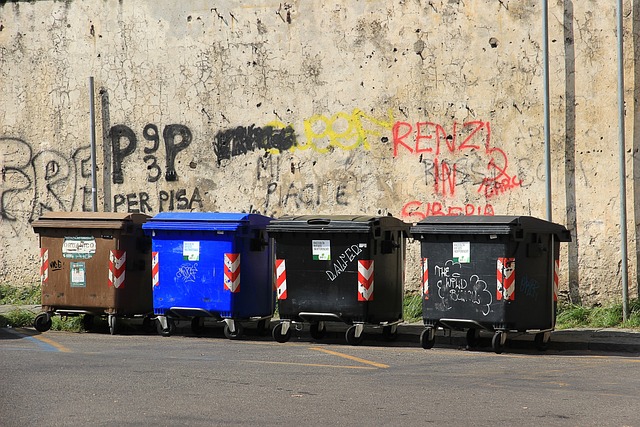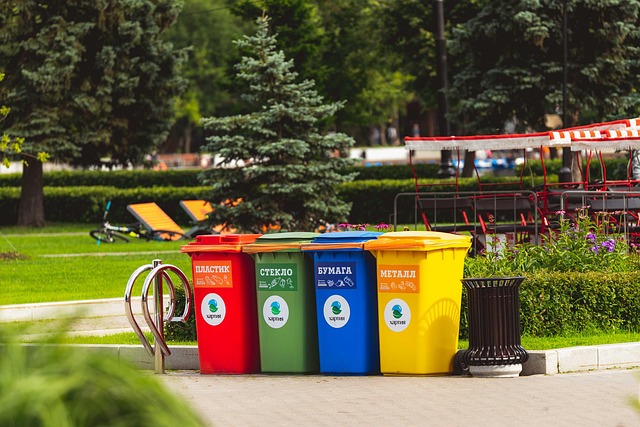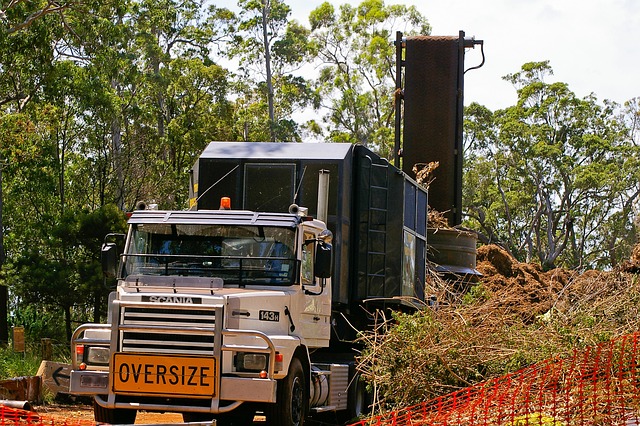Boston and New York City (NYC) are leading the way in e-waste management through innovative collection programs. These initiatives promote responsible recycling, prevent electronic waste from ending up in landfills, and reduce environmental impact. Boston offers holistic efforts with dedicated drop-off points for residents and businesses, while NYC has implemented successful programs like school computer recycling and Manhattan e-waste events. Participating in these programs is an easy way for individuals and businesses to contribute to greener practices, ensuring proper disposal of computers, phones, TVs, and more. By engaging in Boston NY e-waste recycling, cities can reduce pollution, preserve natural resources, and foster sustainable tech consumption.
“Discover the power of e-waste collection programs and their pivotal role in sustainable urban management. From bustling Boston to vibrant New York City, this article explores how innovative recycling initiatives are reshaping our environment. Learn about the benefits of enrolling in these programs, from reducing electronic waste to fostering community engagement. We’ll delve into successful case studies, offering practical insights on participation and community outreach strategies, all while shedding light on effective e-waste management practices in leading metropolitan areas like Boston and New York.”
- Understanding E-Waste Collection Programs
- Boston's Approach to Recycling Efforts
- New York City: A Model for E-Waste Management
- Benefits of Enrolling in Recycling Programs
- The Process: How to Participate Effectively
- Encouraging Community Engagement in Recycling
Understanding E-Waste Collection Programs

E-waste collection programs are becoming increasingly vital in urban centers like Boston and New York City (NYC) as the volume of electronic waste grows exponentially. These initiatives aim to responsibly manage and recycle electronic by-products, ensuring they don’t end up in landfills. In Boston, various e-waste recycling events and drop-off locations are readily available for residents and businesses alike. Similarly, NYC has implemented several e-cycling programs and initiatives, encouraging citizens to dispose of their electronic waste properly.
By participating in these programs, individuals can play a crucial role in reducing the environmental impact of e-waste. Boston tech companies, for instance, often collaborate with local authorities to facilitate efficient waste management. These collective efforts not only help in preserving natural resources but also mitigate the release of hazardous substances that can contaminate soil and water bodies if not properly recycled. Whether you’re a Boston resident or visiting, understanding and utilizing these e-waste collection programs is a significant step towards a greener future.
Boston's Approach to Recycling Efforts

Boston has pioneered innovative e-waste collection programs that have become a model for cities across the nation, including New York City. The city’s approach to recycling efforts is holistic and inclusive, with dedicated programs tailored to both residential and commercial sectors. Boston residents can easily participate in sustainable tech disposal through various drop-off points strategically located throughout the city, ensuring convenience and accessibility.
In Manhattan and other parts of NYC, small businesses also benefit from green tech disposal initiatives that streamline the often complex process of electronics recycling. These programs not only promote eco-friendly practices but also foster a culture of responsible consumption and production within the tech industry. By adopting these measures, both Boston and New York City exemplify the potential for effective e-waste management, setting a precedent for other urban centers to follow in creating sustainable solutions for tech disposal.
New York City: A Model for E-Waste Management

New York City has emerged as a model for effective e-waste management, particularly with its successful implementation of recycling programs. The city’s approach to tackling electronic waste, such as through boston computer recycling for schools and Manhattan e-waste collection events, has set a benchmark that other urban centers can aspire to follow. By organizing regular cyber waste collection programs, NYC has not only facilitated responsible disposal but also promoted a culture of sustainability among its residents.
The city’s comprehensive strategy includes dedicated collection points, public awareness campaigns, and partnerships with tech companies to ensure proper recycling of electronic devices. These initiatives have led to increased participation rates and significant reductions in the environmental impact of e-waste. Boston, learning from New York City’s model, can also implement similar programs, incorporating best practices to establish an efficient e-waste collection system that benefits both local communities and the environment.
Benefits of Enrolling in Recycling Programs

Enrolling in an e-waste recycling program offers numerous benefits for both individuals and communities, especially in urban centers like Boston and New York City (NYC). One of the primary advantages is the responsible management of electronic waste, which is a growing concern due to the rapid pace of technological advancements. By participating in these programs, residents can play a vital role in reducing the environmental impact of e-waste, a significant contributor to pollution and soil contamination.
In Boston and NYC, where technology hubs thrive, proper disposal methods are essential. Local initiatives provide convenient manhattan e-recycling drop-off points and organized boston IT asset disposition programs. Furthermore, these recycling efforts extend their reach to larger events in the city, ensuring that electronic waste generated during such occasions is properly collected and recycled, contributing to a greener NYC e-waste collection process.
The Process: How to Participate Effectively

Participating in an e-waste collection program is a straightforward process that requires minimal effort from individuals and businesses alike. For those in Boston or New York City, several initiatives are available to ensure responsible disposal of electronic waste. To begin, locate the nearest drop-off point—many programs have dedicated facilities or partner with local recycling centers. These locations often accept various items, including computers, phones, TVs, and more.
On the day of collection, properly package your e-waste. This involves removing any sensitive data from devices through secure deletion or physical destruction. For businesses, exploring nyc e-waste management for businesses can offer specialized services like Manhattan’s secure data destruction, ensuring compliance with environmental regulations. The program staff will guide participants on proper sorting and disposal techniques, contributing to the city’s overall recycling initiatives, especially those led by the NYC tech industry recycling programs.
Encouraging Community Engagement in Recycling

In cities like Boston and New York, encouraging community engagement in e-waste recycling is a multifaceted endeavor. Programs aimed at improving participation often focus on education and convenience. For instance, the Boston NY e-waste recycling initiatives highlight the environmental benefits of responsible disposal, teaching residents about the potential hazards of toxic materials found in electronic devices. These programs also strive to make recycling more accessible by offering convenient boston hazardous waste collection schedule events and establishing partnerships with local businesses to facilitate manhattan responsible e-waste recycling.
By integrating these strategies, cities like New York City can implement effective nyc computer recycling programs that foster a culture of sustainability. Engaging the community helps ensure that old electronics are not simply discarded but rather recycled responsibly, contributing to a cleaner and greener urban environment for all residents.
E-waste collection programs, as exemplified by Boston’s and New York City’s successful initiatives, play a pivotal role in sustainable urban development. By enrolling in these programs, communities can significantly reduce environmental impact, preserve resources, and foster a greener future. Incorporating simple steps like proper disposal and community engagement ensures efficient e-waste recycling, making cities like Boston and NY models to emulate globally.














